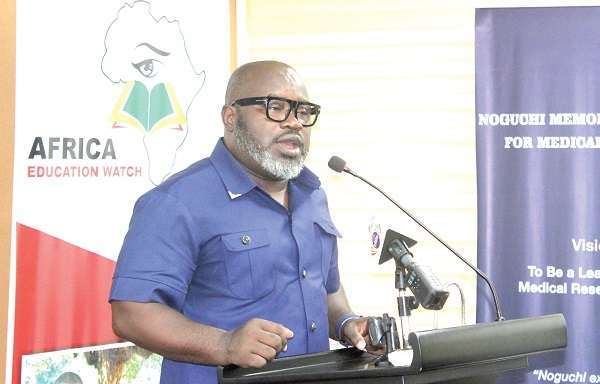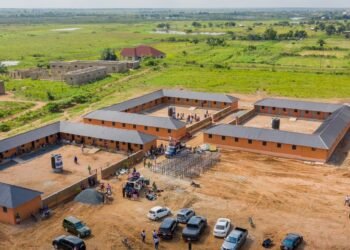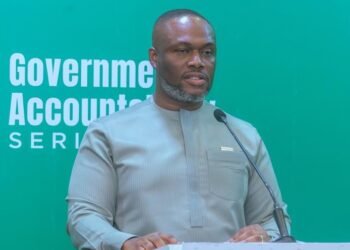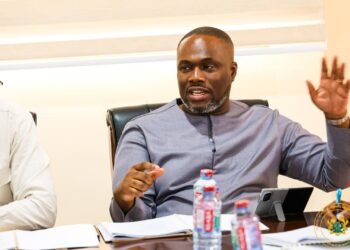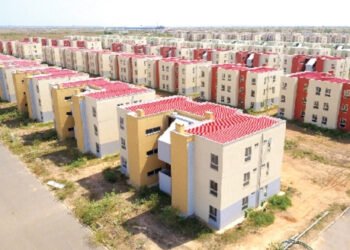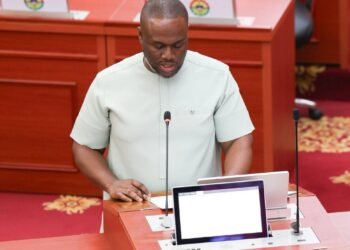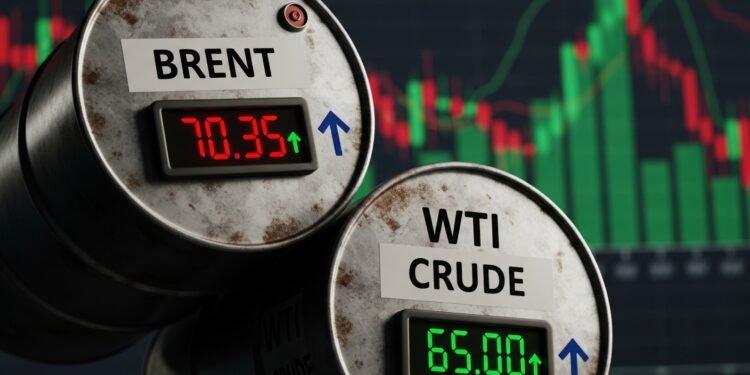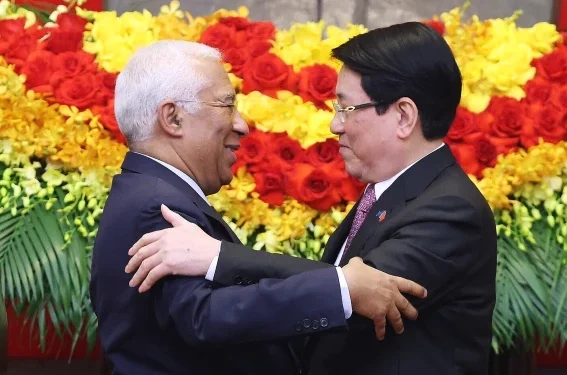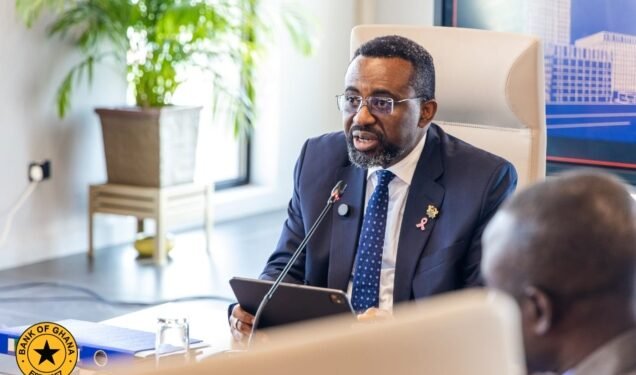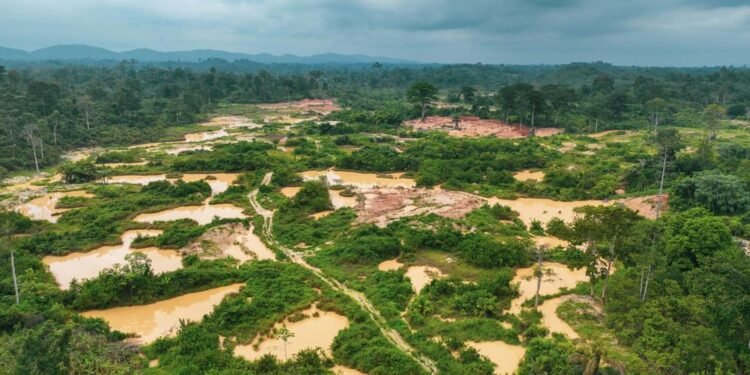As Ghana awaits the presentation of the 2026 Budget, the Executive Director of Africa Education Watch (EduWatch), Kofi Asare, has urged the Minister for Finance, Dr. Cassiel Ato Forson, to go beyond announcing expenditure figures and provide a comprehensive report on the status of key education interventions outlined in both the 2025 Main and Mid-Year Budgets.
He emphasized that transparency and accountability in tracking progress on existing education initiatives are crucial before new allocations or interventions are announced for 2026.
In a detailed statement, Mr. Asare argued that the public deserves more than broad financial summaries or spending commitments. According to him, the government must use the 2026 Budget as an opportunity to provide specific updates on implementation progress, delivery outcomes, and any bottlenecks facing major education programmes.
“The 2026 Budget should provide an update, not just expenditure figures, on all key education interventions announced in the 2025 Main and Mid-Year Budgets.”
Executive Director of Africa Education Watch (EduWatch), Mr. Kofi Asare
Mr Asare believes that this would ensure policy continuity, transparency, and improved public confidence in government commitments to education.
Among the flagship programmes and interventions he highlighted for reporting are the Teacher Dabre Initiative, the provision of textbooks for basic schools, the completion of senior high school (SHS) infrastructure projects, and the construction of 261 basic school buildings across the country.

He also called for updates on the Furniture for All Programme, Capitation Grant disbursements, and the implementation status of the No Fee Stress Policy for first-year tertiary students.
Mr. Asare further noted the need for a detailed account of progress on social and inclusive education interventions such as Free Tertiary Education for Persons with Disabilities (PWDs) and the Free Sanitary Pads Initiative for schoolgirls—policies that are expected to promote equity and reduce barriers to education.
He also referenced other ongoing initiatives such as the Free Senior High School (SHS) Programme, the National Apprenticeship Programme, Regional TVET Centres of Excellence, and the government’s investments in STEM education and infrastructure, urging the Finance Minister to present measurable outcomes and implementation challenges for each of these programmes.
Assessment of Government’s Performance
According to Mr. Asare, providing these updates will not only demonstrate transparency but also help Ghanaians assess the government’s performance in addressing critical gaps in the education sector.
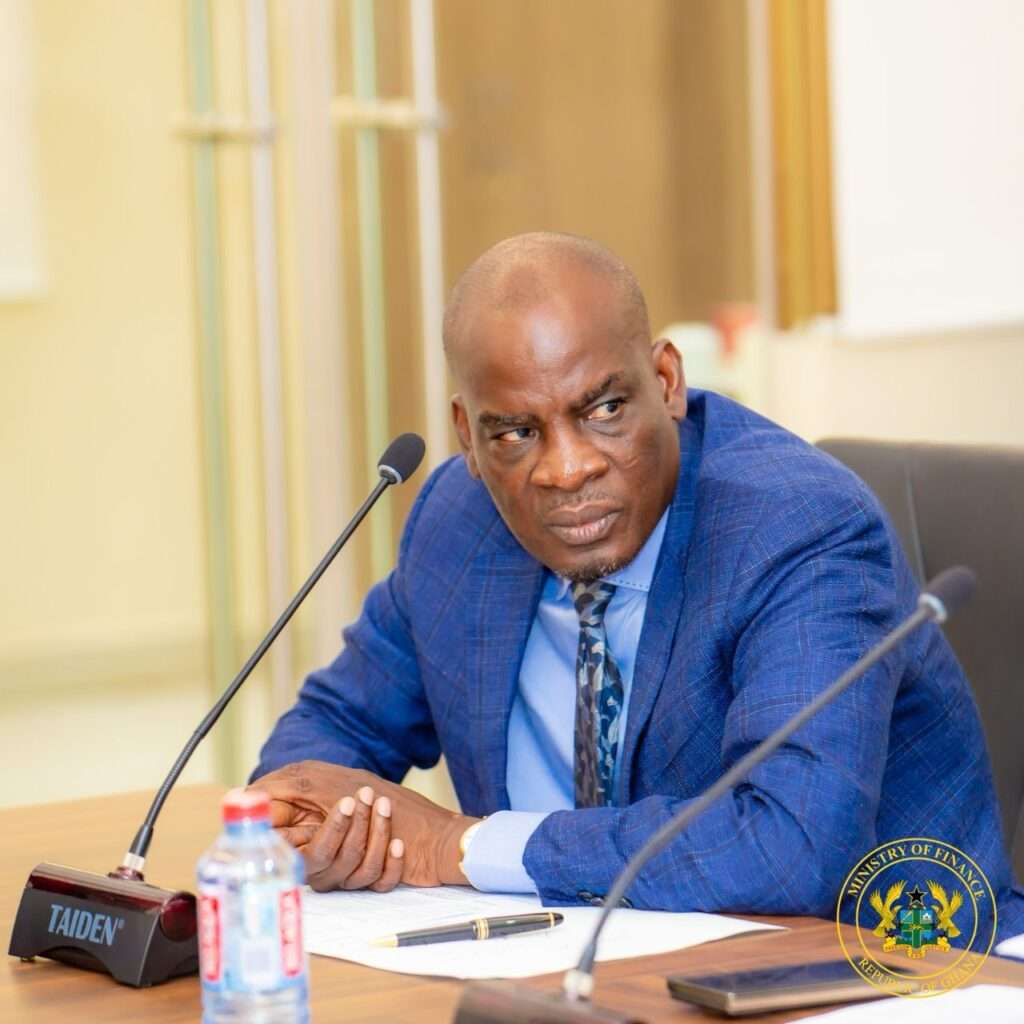
Additionally, he underscored the need for accountability regarding the Ghana School Feeding Programme (GSFP), which continues to face challenges of delayed payments to caterers and inconsistent coverage.
A particularly urgent concern raised by Mr. Asare relates to the plight of newly recruited teachers who, he said, have been working for a year without receiving their salaries.
“He must also explain to us why it has taken a year to pay or not to pay newly recruited teachers who have been teaching since 2024, and measures taken to prevent any such injustice in future”.
Executive Director of Africa Education Watch (EduWatch), Mr. Kofi Asare
According to him, the persistent delay in salary payments to newly recruited teachers undermines morale and creates financial hardship for educators who are at the frontlines of national development.
He added that such bureaucratic inefficiencies contradict the government’s stated commitment to improving the welfare and motivation of teachers. Mr. Asare’s demands come at a time when public confidence in education spending remains mixed, with several stakeholders calling for greater clarity on how resources are being used.
He maintained that while Ghana continues to allocate a significant portion of its national budget to education, citizens must see clear evidence of impact and efficiency.

In his view, the forthcoming budget presentation offers the government a critical opportunity to reset expectations and demonstrate that education remains at the heart of Ghana’s human capital development agenda.
His call aligns with the broader advocacy by civil society organisations, which demand that Ghana’s public financial management system emphasise results-based reporting rather than routine expenditure accounting.
For many education advocates, including Africa Education Watch, the true test of policy success lies not in the amount of money spent but in the measurable improvements in access, quality, and equity in education across the country.
READ ALSO: IMANI’s Bright Simons Raises Red Flags Over Revised Lithium Deal

